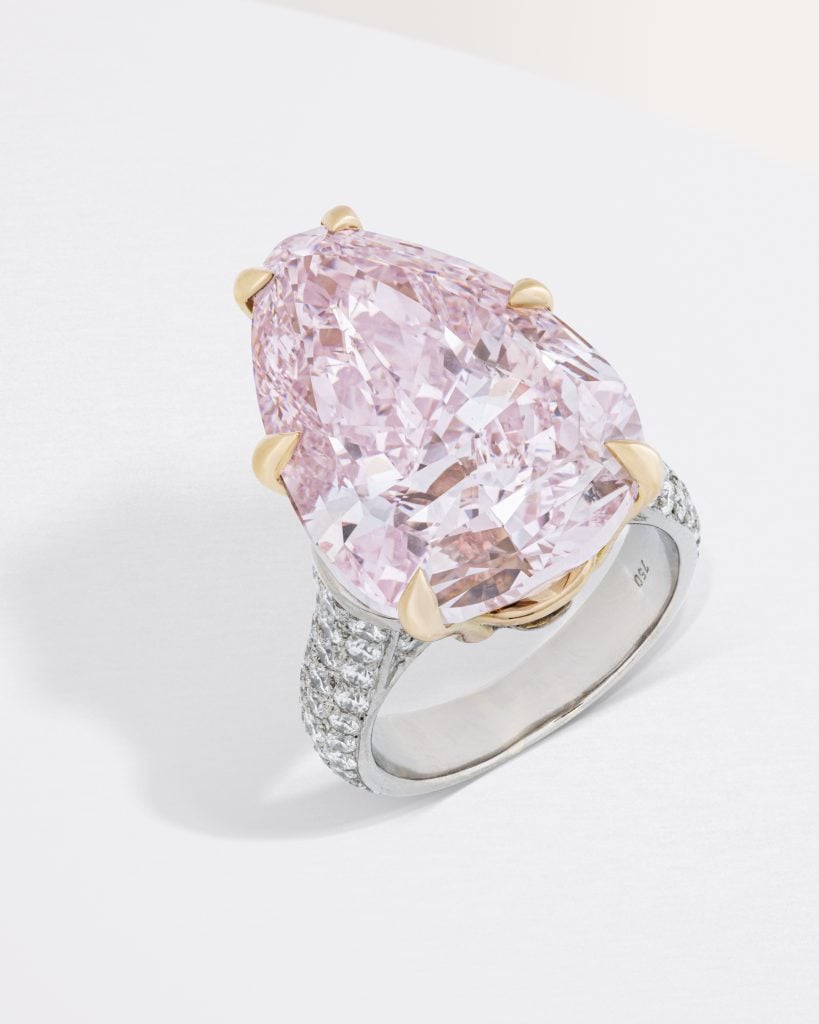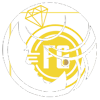Christie’s initial sale of roughly 100 rare jewels from the collection of the late Austrian billionaire Heidi Horten soared above expectations, netting the auction house $156 million in Geneva yesterday. The results came despite the outrage in the days and weeks leading up to the sale over the source of the massive wealth accumulated by her husband, Helmut Horten, who passed away in 1987.
According to research identified by my colleague Katya Kazakina and reported in the lead up to the sale, “Horten was intensively involved in the takeover of Jewish companies and profited from the situation of the Jewish owners,” during the Nazi era. The 2022 research report, commissioned by the Heidi Horten collection and conducted by a German historian, also confirmed Helmut Horten—a member of the Nazi party—used forced labor. Heidi married Helmut in 1966.
Christie’s did not initially include this information in press materials about the sale, which is one of the largest and most valuable jewelry auction offerings in history, surpassing even that of Elizabeth Taylor and the Al Thani family.
The auction house later acknowledged the circumstances surrounding Helmut Horten’s wealth. In a presale statement shared with Artnet News, Anthea Peers, Christie’s president for Europe, Middle East and Africa, said the decision by Christie’s to take on the sale was made after careful consideration.
“We were aware of the history of Helmut Horten’s actions during the Nazi period, when he purchased Jewish businesses that were sold under duress. His activities were well documented and provided the foundation for his later wealth,” Peers said in the statement. “However—and without ignoring or excusing Mr. Horten’s actions in any way—the jewelry collection of his wife, Heidi Horten, was assembled decades later, between the beginning of the 1970s and 2022, the year of her death. As with all properties entrusted to Christie’s, this collection has undergone a thorough verification process. The provenance of each of the 700 objects up for auction is well documented, with detailed indications of purchase, and none of these jewels came from spoliation or a forced sale from a Jewish owner.”
And the cloud surrounding Horten’s wealth seemed not to matter at least yesterday.
Rahul Kadakia, international head of Christie’s jewelry department, served as auctioneer for the sale. He began by reiterating that proceeds from the Horten sales will benefit philanthropic causes.
“Before we started, we wanted to take a moment to address you in the room and those joining us via livestream from all over the world,” Kadakia said. “All proceeds from the sale will be directed to a foundation to support philanthropic causes including healthcare, children’s welfare, and access to the arts. In addition, Christie’s will make a significant contribution from our final proceeds of the auctions to Jewish organizations and further advance the vitally important Holocaust research and education.”

Fancy pink diamond of 20.06 carat from the collection of Heidi Horten. Courtesy: Christie’s
As Kadakia thanked the audience after his introductory remarks, the room erupted into applause. Bidding instantly took off.
The amount realized in just the first offering of the four-part sale has already exceeded the overall collection estimate of over $150 million, and there were no guarantees on any of the lots. Out of 96 lots on offer, only three were unsold. Half of the lots offered sold for above $1 million, according to a post-sale statement.
The highest price of CHF13.5 million ($15 million) was paid for “The Sunrise Ruby” described as a “sensational Cartier ruby and diamond ring, albeit falling below the CHF14 million low estimate. It was followed by the CHF9 million ($10 million) winning bid for a Bulgari ring with a large pink diamond flanked by smaller white diamonds, which went out the door at roughly double the high estimate of CHF4.5 million.
But however successful the sale, the controversy swirling around “The World of Heidi Horten” auction series has not gone unnoticed.
Yoram Dvash, president of the World Federation of Diamond Bourses (WFDB), sent a letter to Christie’s objecting to the sale, according to a news report last week. Dvash’s letter was addressed to François Curiel, the auction house’s chairman in Europe and Asia, and former head of the jewelry department.
“I would like to express the WFDB’s objection to this sale, so clearly associated with the Nazi plunder of Jewish businesses,” he wrote. “In a time of Holocaust denial and the resurgence of anti-Semitism around the world, we find it especially appalling that a world-renowned auction house would engage in such a sale.”
If Christie’s went ahead with the auction, Dvash wrote, he expected assurances from Curiel “that the major portion of the proceeds be donated by Christie’s to charities supporting the welfare of Holocaust survivors, as well as commemoration and education.” He also requested that the amount given be made public.
Dvash and the WDFB did not immediately respond to requests for comment.
“The World of Heidi Horten” includes a part-two live auction offering on Friday of 152 lots, an ongoing online offering through May 15 of 152 lots, and an additional 300 lots to be offered in Geneva in November.
Follow Artnet News on Facebook:
Want to stay ahead of the art world? Subscribe to our newsletter to get the breaking news, eye-opening interviews, and critical takes that drive the conversation forward.
